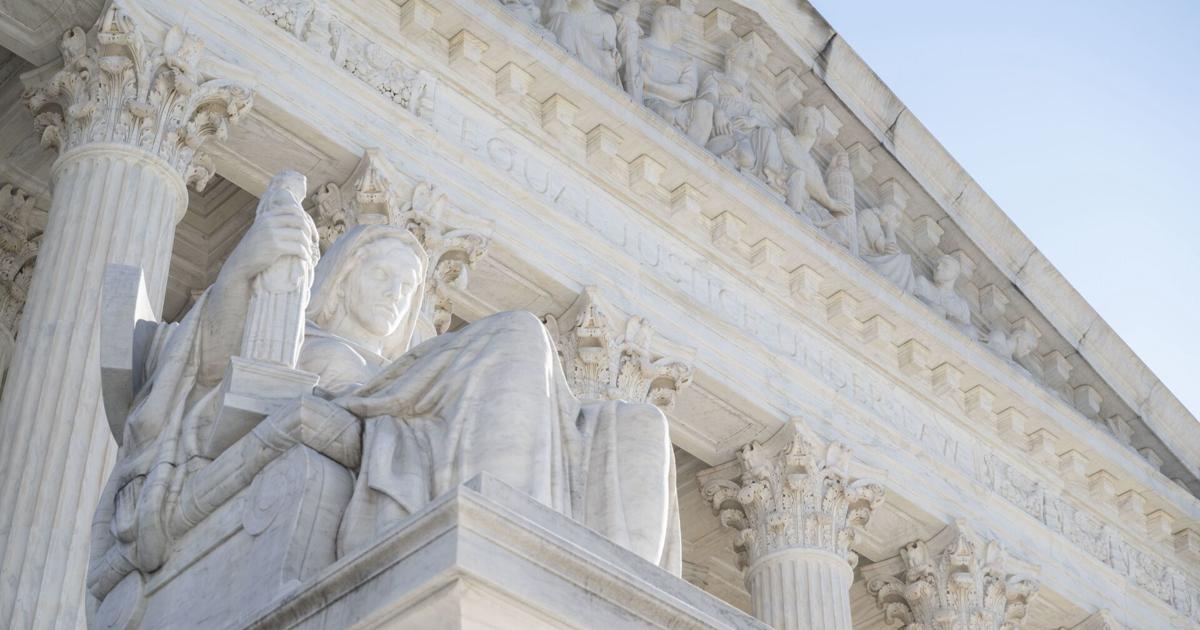
The Supreme Court made it easier for Big Tobacco companies to pick which judges hear their challenges to federal tobacco regulations on Friday in a 7-2 decision that will allow other companies affected by regulations to bring suit.
The case emerged from a lawsuit by R.J. Reynolds Vapor Company challenging Food & Drug Administration regulations for e-cigarettes. In 2009, Congress empowered the FDA to regulate tobacco products, and in 2016, the FDA extended that regulatory power to cover e-cigarettes and liquids.
The North Carolina-based RJR Vapor Company filed an application to sell menthol vapes that was denied by the FDA. The company challenged the denial in the Fourth Circuit, which covers North Carolina, under a provision of the 2009 law that allows “any person adversely affected” by FDA regulations to file suit in either the D.C. Circuit Court of Appeals or “the circuit in which such person resides,” but lost.
After losing in the Fourth Circuit, where the company is located, RJR Vapor Company again challenged the denial in the New Orleans-based Fifth Circuit, which covers Southern states including Texas and Mississippi. They did so by adding a Texas-based store that sells vape products and a Mississippi gas station trade association. The Fifth Circuit, the most conservative and corporate-friendly circuit in the federal court system, sided with RJR Vapor Company and reversed the FDA’s denial.

Peter Dazeley via Getty Images
In an appeal to the Supreme Court, the FDA argued that the provision allowing anyone “adversely affected” by its regulations to challenge them could only be brought by the company that applied to market its product, not downstream buyers and sellers of that product. But the Supreme Court on Friday rejected this interpretation and allowed tobacco companies to piggyback on consumer-facing businesses that sell their vapes and e-cigarettes.
The law’s “cause of action thus extends to any petitioner ‘with an interest “arguably sought to be protected by the statute,”’” Justice Amy Coney Barrett wrote for the majority. “The retailers fit the bill.”
The e-cigarette retailers are “adversely affected” because they, “like the manufacturer, lose the opportunity to profit from the sale of the new tobacco product — or, if they sell the product anyway, risk imprisonment and other sanctions,” Barrett wrote.
But this expansion of who can claim to be “adversely affected” and bring suit under the law contradicts the text of the law as written by Congress, Justice Ketanji Brown Jackson wrote in her dissent, which was joined by Justice Sonia Sotomayor.
“Every available indicator reveals that Congress intended to permit manufacturers — not retailers — to challenge the denial of a manufacturers’ marketing application (and to do so only in the designated courts),” Jackson wrote. “In concluding otherwise, the majority not only opens up an avenue for judicial review that Congress did not intend, it also allows manufacturers like RJR Vapor to evade the statute’s venue requirements.”
The decision, which solely focuses on the law governing tobacco and nicotine product regulation, makes it much easier for tobacco companies to pick which judges and which courts hear their challenges to FDA regulations, a practice known as forum-shopping. Since the Fifth Circuit sides with corporations more than any other federal circuit, tobacco companies will now be able to easily find friendly judges to hear their cases.
The court ordered the case to be heard again in the Fifth Circuit after the FDA argued that every party to the case must be located within the Fifth Circuit for the suit to proceed.



